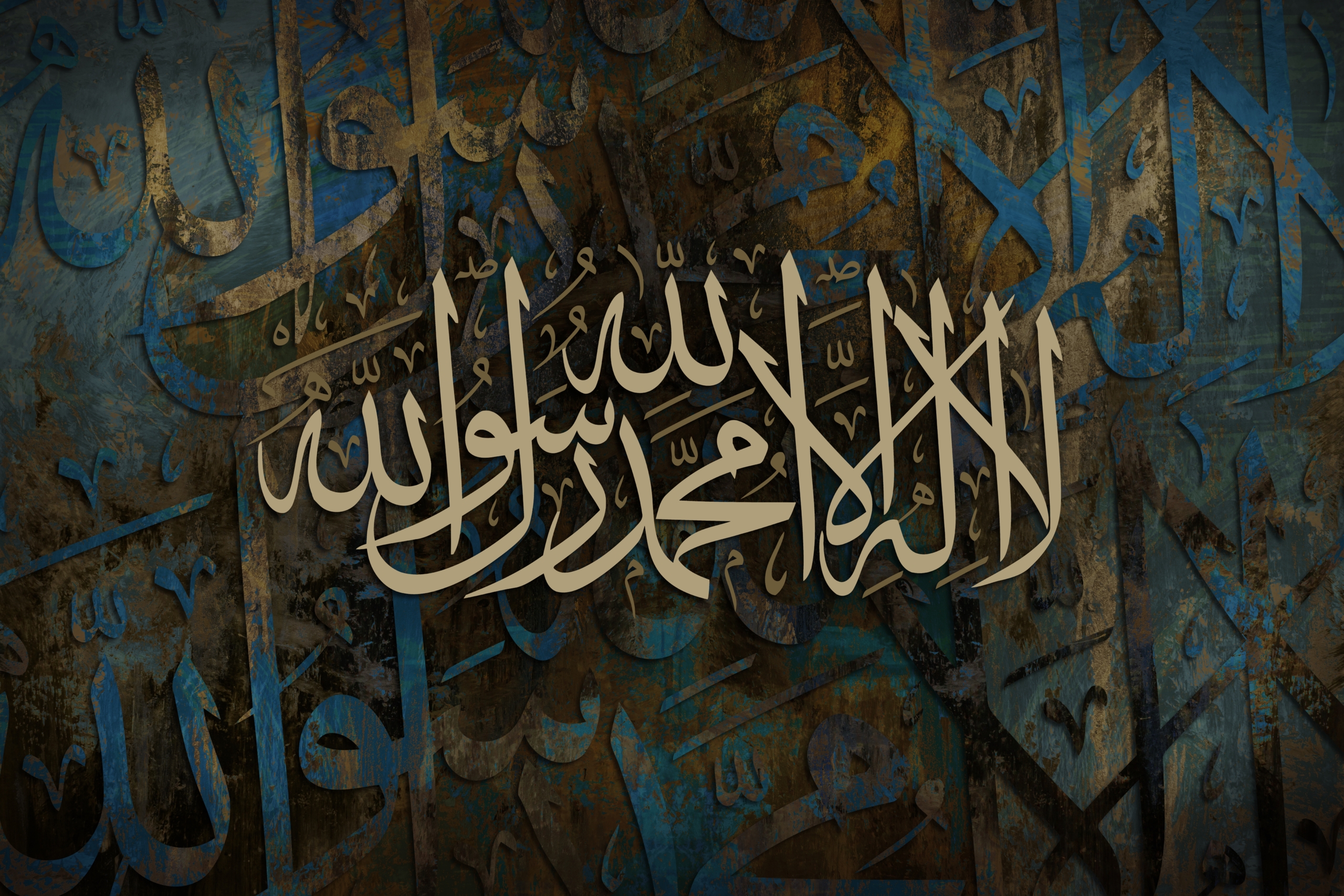Was the Prophet (Allah bless him and give him peace) Affected By Magic?
Answered by Shaykh Abdul-Rahim Reasat
Question:
Assalamu ‘alaykum.
There is a hadith in Bukhari in which Aisha narrates the Prophet (Allah bless him and give him peace) was once bewitched, and he would think he needed to do wuhu when there was no need due to this.
I have read that some Sunni scholars say this is authentic and that people who deny it are generally deviant. I have read another Sunni scholar say that because this hadith conflicts with the reason, it should be disregarded. What is the true Sunni view on this event, and should I stay away from someone who disregards it?
Answer:
Wa ‘alaykum assalam wa rahmatullah wa barakatuh.
I pray you are well.
The position of Sunni Orthodoxy (Ahl al Sunna Wa al Jama’a) is that Labid b. A’sam and his daughters cast a spell on the Prophet. It was meant to kill him, but it only succeeded in making him ill. He also thought he had been intimate with his wives when he had not.
This has been affirmed by many scholars, including Imam Abu Mansur al Maturidi – one of the founding codifiers of Sunni Orthodoxy – in his tafsir Ta’wilat Ahl al Sunna. Generally, it was the Mu’tazilite sect who denied this event.
We understand it as Allah allowing this to happen to the Prophet (Allah bless him and give him peace) to show us what to do in that situation and to reveal the last two suras of the Qur’an.
Someone who denies this is simply mistaken. Be aware of the dominant position and move on. That is sufficient.
Please watch the detailed tafsir of these suras here.
May Allah grant you the best of both worlds.
[Shaykh] Abdul-Rahim
Checked and Approved by Shaykh Faraz Rabbani
Shaykh Abdul-Rahim Reasat began his studies in Arabic Grammar and Morphology in 2005. After graduating with a degree in English and History, he moved to Damascus in 2007, where, for 18 months, he studied with many erudite scholars. In late 2008 he moved to Amman, Jordan, where he continued his studies for the next six years in Sacred Law (fiqh), legal theory (Usul al-fiqh), theology, hadith methodology, hadith commentary, and Logic. He was also given licenses of mastery in the science of Quranic recital. He was able to study an extensive curriculum of Quranic sciences, tafsir, Arabic grammar, and Arabic eloquence.
